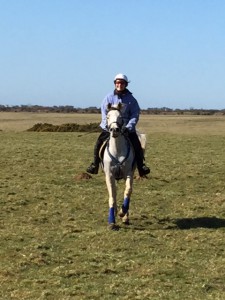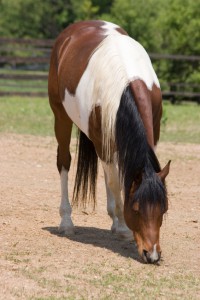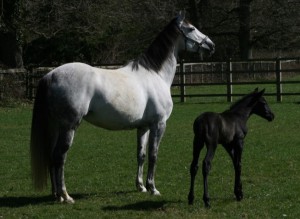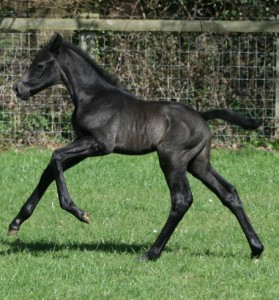They are important antioxidants
We all know that antioxidants are a good thing, but does everyone know why? The oxidation process converts food (fats, carbohydrate and protein) into energy, carbon dioxide and water. While necessary for cells to survive, this oxidation also produces free radicals and unstable compounds; molecules that have an unpaired electron. These are highly reactive, and rapidly try to steal an electron from another molecule in order to stabilise themselves. This in turn creates another free radical, and a chain reaction starts, which can cause major damage to a previously healthy cell. While free radicals are a normal part of many bodily processes, in high levels they can damage major components of cells, including DNA. This damage may lead to development of cancer, among other health concerns. The body protects itself against these free radicals using antioxidants. These are compounds that ‘neutralise’ free radicals, making then stable, and preventing them from causing damage. While certain antioxidants are produced by the body, dietary antioxidants such as Vitamin E (alpha-tocopherol), Selenium (a vital part of the antioxidant enzyme glutathione peroxidase) and certain other vitamins are also required to fulfil requirements.
To counteract extra free radicals from higher workloads
When the horse’s workload increases, more fuel is converted, and more free radicals are produced, so more antioxidants are needed. In addition to this, diets high in oil require additional antioxidants to deal with extra free-radicals produced when oils are metabolised. For muscular health Vitamin E has an important role in nerve and muscle function, as well as in many other bodily systems. It combines with Selenium to maintain normally functioning muscles and prevent muscular issues, helping post-exercise recovery and relieving stiffness.
To supplement horses in low selenium areas
In various areas within the UK (and indeed the rest of the world) the soil has a low selenium content, which will affect the selenium levels in forages and cereals grown on these soils. Horses grazing these areas may need supplemental selenium in their diet to avoid deficiencies.
To aid fertility
Antioxidants have been show to increase fertility. In stallions, deficiencies of selenium have been shown to lead to lower levels of fertility, and some sperm may form abnormally. Adequate levels of dietary antioxidants can help with sperm activity. Selenium is also involved in many aspects that affect mare’s fertility, and it is known that mares with selenium deficiencies are more likely to have reproductive problems. For example, activity of selenium-dependant enzymes was found to be lower in mares with endometriosis, suggesting there is a link with selenium deficiency and this common problem. Post-foaling, there is also a trend showing that the placenta is retained for less time, suggesting that horses with adequate selenium levels are less likely to suffer with retained placentas, and the associated problems.
For healthier foals
Adequate provision of selenium and vitamin E is essential to produce a healthy foal, as these nutrients affect immunity, both while being carried by the mare, and after birth through lactation. Mares with good immune systems are known to produce better colostrum than those with impaired immunity. Previous research has shown that feeding additional Selenium to lactating mares produced higher plasma, colostrum and milk selenium levels, leading to a better selenium status in the foal, which supports their immune system due to increased antioxidant activity. Higher levels of influenza antibody titres have been seen in foals whose dams have been supplemented with Selenium.
But be careful
The levels at which Selenium can become harmful is closer to recommended feeding levels than with other elements. Many feeds and supplements already have Selenium occurring naturally, or added in, so if your horse is receiving high levels of supplements or feeds with added Selenium and you are concerned about this please call one of our nutritional advisors on 0800 585525.















